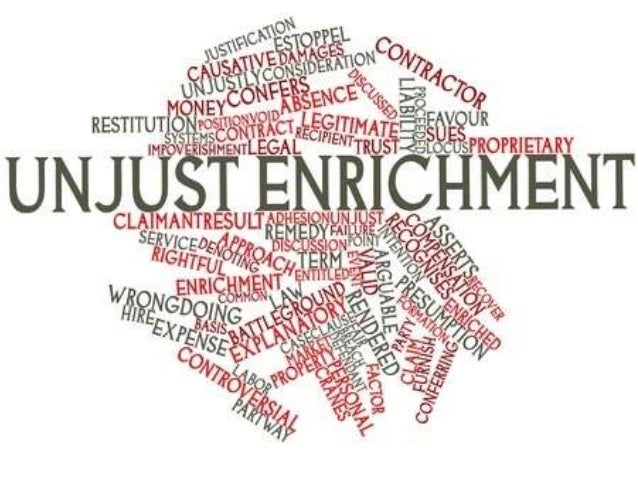"The court next turns to that portion of the moving defendants' motion to dismiss plaintiff's unjust enrichment claim pursuant to CPLR § 3211(a)(7) on the ground that it fails to state a claim. On a motion addressed to the sufficiency of the complaint, the facts pleaded are assumed to be true and accorded every favorable inference. Morone v. Morone, 50 N.Y.2d 481 (1980). Moreover, "a complaint should not be dismissed on a pleading motion so long as, when plaintiff's allegations are given the benefit of every possible inference, a cause of action exists." Rosen v. Raum, 164 A.D.2d 809 (1st Dept. 1990). "Where a pleading is attacked for alleged inadequacy in its statements, [the] inquiry should be limited to `whether it states in some recognizable form any cause of action known to our law.'" Foley v. D'Agostino, 21 A.D.2d 60, 64-65 (1st Dept 1977) (quoting Dulberg v. Mock, 1 N.Y.2d 54, 56 (1956)). However, "conclusory allegations — claims consisting of bare legal conclusions with no factual specificity — are insufficient to survive a motion to dismiss." Godfrey v. Spano, 13 N.Y.3d 358, 373 (2009).
To state a cause of action for unjust enrichment, a plaintiff must allege "that (1) the other party was enriched, (2) at that party's expense, and (3) that it is against equity and good conscience to permit the other party to retain that is sought to be recovered." Mandarin Trading Ltd. v. Wildenstein, 16 N.Y.3d 173, 182 (2011). However, it is well-settled that "a plaintiff cannot succeed on an unjust enrichment claim unless it has a sufficiently close relationship with the other party." Georgia Malone & Co., Inc. v. Rieder, 19 N.Y.3d 511, 516 (2012). "[A]lthough the plaintiff [is] not required to allege privity, it [has] to assert a connection between the parties that [is] not too attenuated." Id. at 517. The "relationship between the parties" must be one "that could have caused reliance or inducement." Mandarin Trading Ltd., 16 N.Y.3d at 182-183. "[M]ere knowledge" of the other party is insufficient to support a claim for unjust enrichment when the parties "had no dealings with each other" or when the parties had no contact "regarding the purchase transaction." Georgia Malone & Co., Inc., 19 N.Y.3d at 517-518.
In the instant action, the moving defendants' motion to dismiss plaintiffs' unjust enrichment claim is granted on the ground that plaintiffs' relationship with the moving defendants is too attenuated to support a claim for unjust enrichment. It is undisputed that plaintiffs hired MAD as the architect on the Project and that it was MAD, and not plaintiff, which hired and contracted with the moving defendants for their work on the Project. It is also undisputed that plaintiff paid MAD for the architectural work performed on the Project and that it was MAD, and not plaintiff, which paid the moving defendants for their work on the Project. Plaintiffs do not allege that they had any dealings or relationship with the moving defendants whatsoever or that they ever had any contact with them. Mere awareness on the part of the moving defendants that the plaintiffs existed and were the owners of the plaintiffs' property is insufficient to support a claim for unjust enrichment."








No comments:
Post a Comment
Note: Only a member of this blog may post a comment.